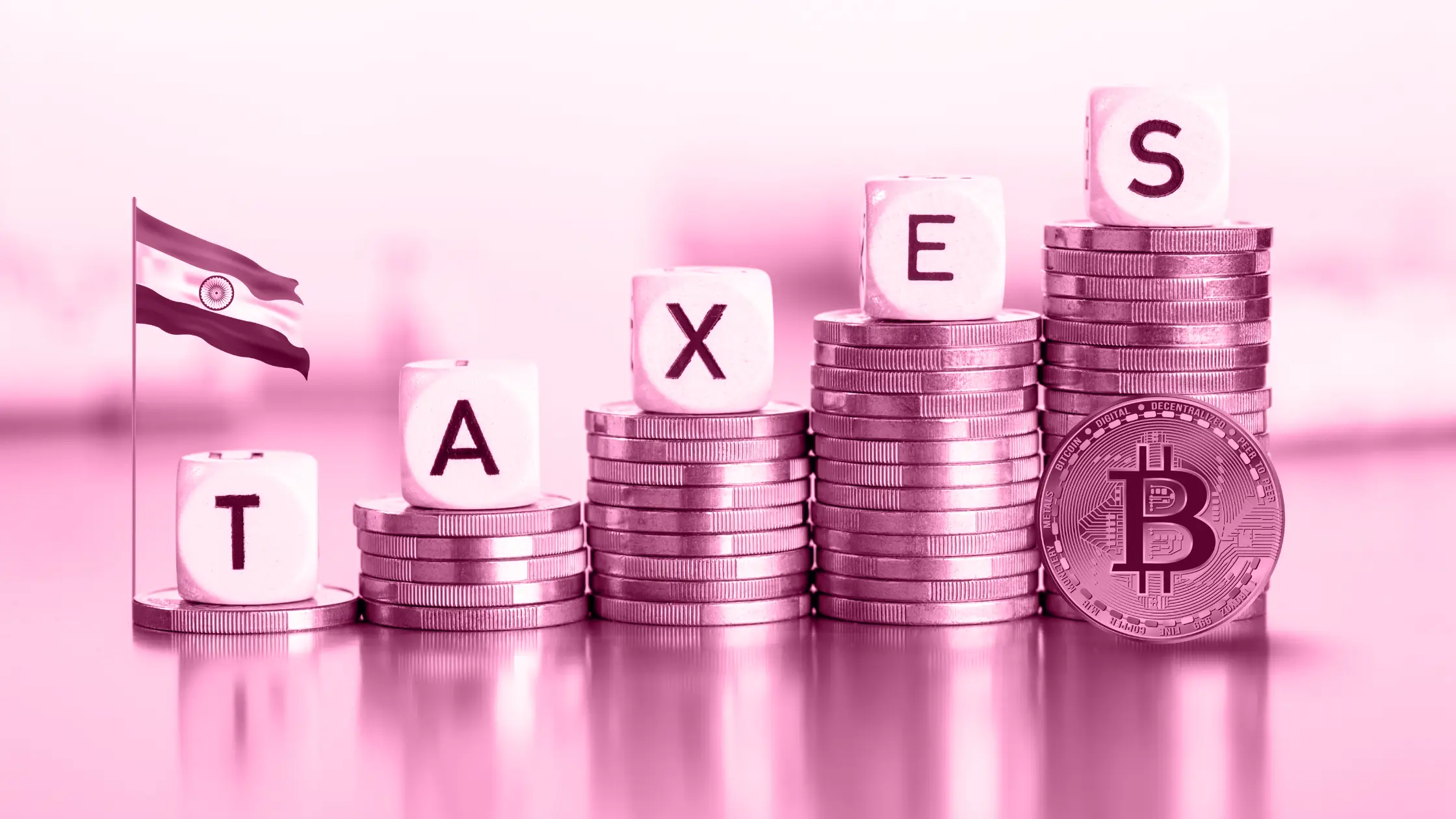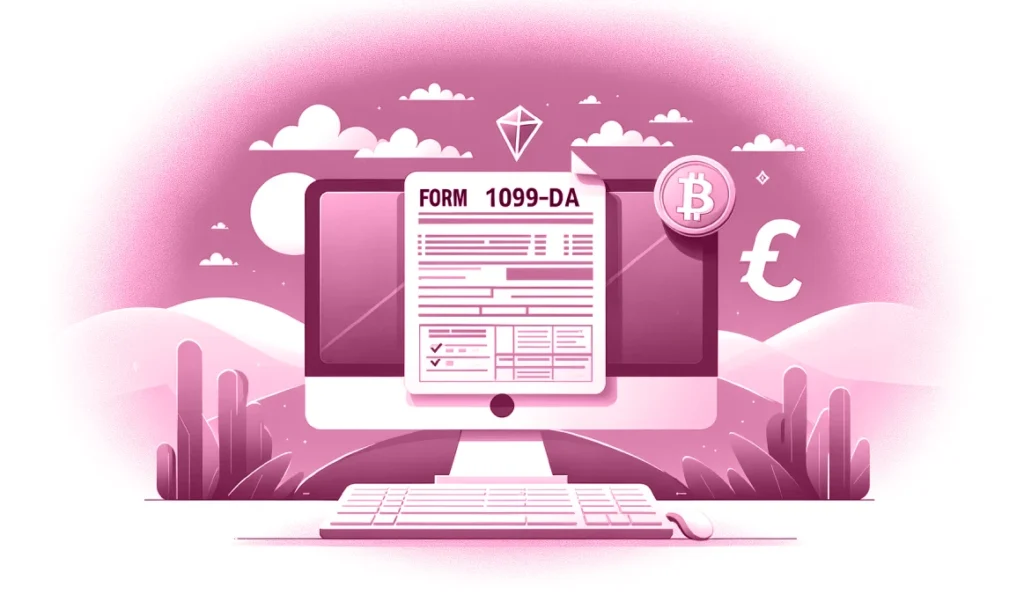If you’re buying, selling, staking, mining, or even just holding coins like Bitcoin, Ethereum, Solana, or any other, the taxman wants his share. But don’t stress — this simple, friendly guide will explain everything you need to know without confusing words or boring jargon.
How India Taxes Crypto (In Simple Words)
The government calls crypto a Virtual Digital Asset (VDA). Here’s how you get taxed:
- Selling Crypto: Made a profit selling Bitcoin, Ethereum, or any other coin? You pay a flat 30% tax on your gains.
- Swapping Crypto: Swapping one coin for another? Like trading Bitcoin for Solana? It’s taxed just like a sale.
- Spending Crypto: Bought coffee or movie tickets with crypto? That’s treated as selling it. Again, 30% tax applies.
- Buying Crypto: Buying with Indian Rupees? No tax at that moment. You’ll pay tax when you sell later.
- Transferring Crypto: Moving crypto between your own wallets? No tax, because you still own it.
Note: Losses in crypto can’t be adjusted against salary, rent, or other incomes.
Special Crypto Situations You Must Know
- Airdrops: Free coins? Cool! But their value counts as “Income from Other Sources” the day you receive them.
- Gifts: Got crypto as a gift? If it’s worth over ₹50,000 from a non-family member in a year, it’s taxable.
- Staking and Mining: Rewards from staking or mining are counted as business income at your slab rate. Later, when you sell them, you pay 30% tax again.
Double Tax Trouble: First when you earn it, then again when you sell it. Plan smart!
What’s This 1% TDS on Crypto All About?
Since July 1, 2022, a 1% TDS (tax deducted at source) applies to crypto sales:
- If your total crypto trades cross ₹50,000 in a financial year, exchanges like WazirX and CoinDCX deduct 1% TDS when you sell.
- This TDS can be adjusted later when you file your income tax return.
However, if you have noticed that TDS has been deducted despite your transactions being below the ₹50,000 threshold, it could be due to several reasons:
- Exchange’s Internal Policies: Some crypto exchanges may implement TDS deductions on all transactions, regardless of the threshold, to ensure compliance and avoid potential penalties.
- Misclassification: There might be a possibility that your account was not correctly classified as a ‘specified person’ by the exchange, leading to TDS deductions even when not required.
- Cumulative Transactions: Ensure that the total value of all your crypto transactions in the financial year indeed sums up to less than ₹50,000. Sometimes, multiple small transactions can cumulatively exceed the threshold.
Pro Tip: Always check your Form 26AS to make sure your TDS has been properly reported.
How to Show Crypto Income When Filing Taxes
- Which ITR Form to Use?
- Use ITR-2 if you have capital gains but no business income.
- Use ITR-3 if you trade a lot or earn through mining/staking.
- Where Exactly to Report It?
- Report under “Schedule VDA” — this is a special section for crypto.
- Mention each transaction with buy/sell dates and profits.
- Deadline: Usually July 31 every year (unless extended).
Documents You’ll Need:
- Complete transaction history from your exchanges.
- Wallet statements (like MetaMask, Trust Wallet).
- TDS certificates.
- Crypto prices in INR at the time of each transaction.
Important: Exchanges already share your data with the tax department. Better to be 100% honest!
For more detail : Crypto Tax Return: Filing in Income Tax Portal
Best Crypto Tax Tool for Indians
Managing crypto taxes manually is messy. Let smart software help:
- Catax: A great Indian platform that auto-calculates your gains, manages TDS, and even helps calculate your taxes easily.
Pro Tip: Choose a tool that supports your main exchanges (Binance, WazirX, KuCoin, Coinbase, etc.).
Book a Free Consultation ➤What the Government and RBI Say About Crypto
- Crypto trading in india is allowed, but heavily taxed.
- Only your buying cost can be deducted when calculating profit.
- No deductions for network fees, gas fees, or mining hardware.
- You can’t use crypto losses to lower other incomes like salary or rent.
RBI’s View: Crypto is risky. Invest only if you are okay with losing money.
SEBI’s Role: SEBI may soon step in to regulate exchanges for more safety.
Be a Smart Crypto Investor
Crypto profits feel awesome — until tax season if you aren’t ready. Here’s the smart way to play it:
- Keep clean records.
- Know when and how taxes apply.
- Use smart tools like Catax.
- File your taxes on time.
- Get advice from a crypto-savvy CA if you’re confused.
The government is serious about crypto taxes. Staying compliant is not just about avoiding trouble — it’s about trading with peace of mind.
Pro Tip to Remember: Smart trading isn’t just buying low and selling high. It’s also paying your taxes right!
Good luck, happy trading, and stress-free filing


